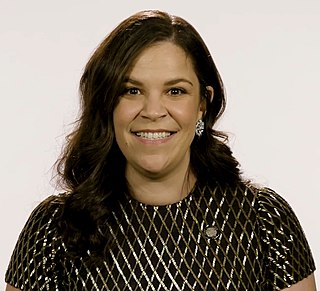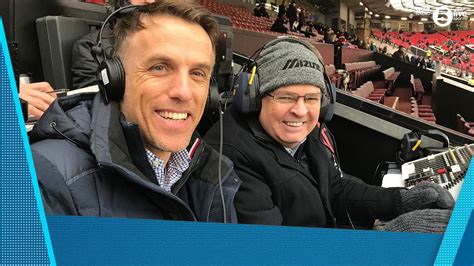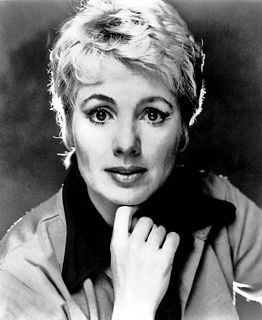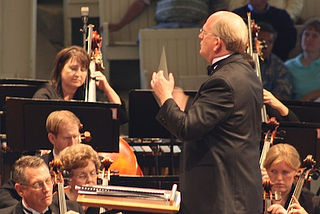A Quote by Richard Corliss
In their plush melodies and plummy platitudes, many Rodgers-and-Hammerstein songs were secular hymns, which so insinuated themselves into the ear of the Eisenhower-era listener that they became the liturgical music for the American mid-century.
Quote Topics
Related Quotes
I grew up in the church, with traditional hymns, but at the same time I was beginning to listen to pop music, the mid-60s, The Beatles, which had just as much influence on me as those hymns did. Then the hippy stuff like Pink Floyd started to raise questions about how I lived my life and the world in which I lived.
When I did the Abyssinian mass, I went through the whole history of the church music and the gospel music, even with the Anglo American hymns, the Afro American hymns, the spirituals and how it developed, up to Thomas Dorsey and the Dixie Hummingbirds, going through the history of the music, jazz musicians.
We need to employ a secular approach to ethics, secular in the Indian sense of respecting all religious traditions and even the views of non-believers in an unbiased way. Secular ethics rooted in scientific findings, common experience and common sense can easily be introduced into the secular education system. If we can do that there is a real prospect of making this 21st century an era of peace and compassion.
I had composed songs, I sang, and played the vina. Practising this music I arrived at a stage where I touched the music of the spheres. Then every soul became a musical note, and all life became music. Inspired by it I spoke to the people, and those who were attracted by my words listened to them instead of listening to my songs.






































